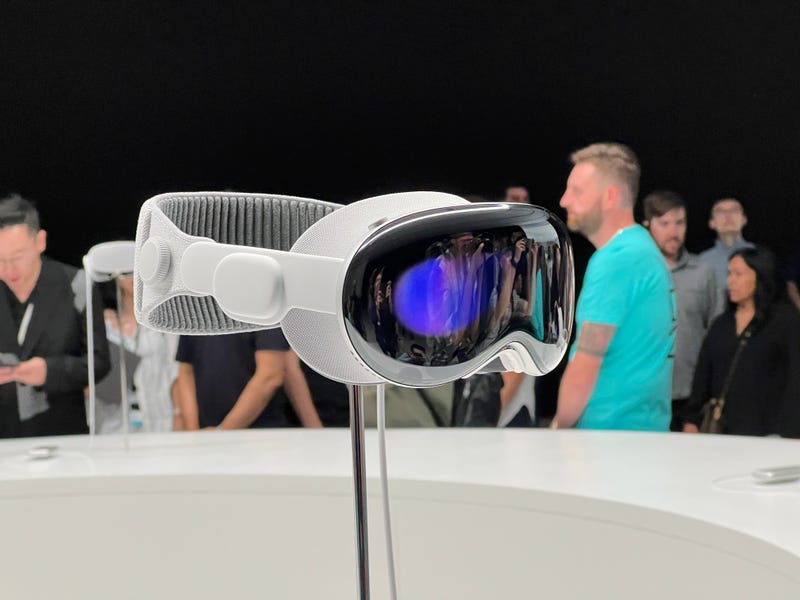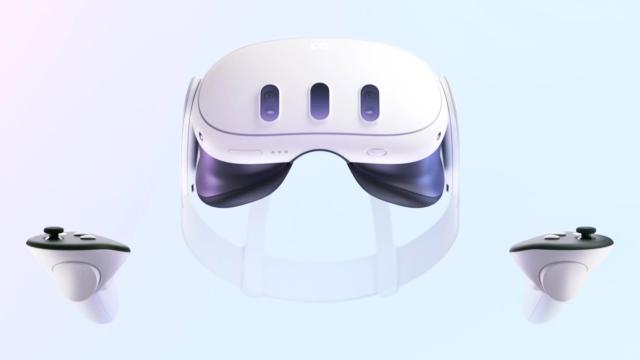Watching the Meta Quest 3 being announced by Meta made me realise something – the hardware available for virtual, augmented and mixed reality is finally catching up with the big idea pitches everyone had about this concept called the “metaverse” a couple of years ago.
Seeing this $799 headset, part of a product line formerly known as Oculus from a company formerly known as Facebook, shows just how far we’ve come in achieving the sci-fi-like dream of mixing the real and virtual worlds in a seamless way that might actually work for everyday consumers and workers. That’s what the sales pitch for the metaverse concept was, a mix of virtual and augmented reality, hopefully with some stuff to buy inside the experience.
Before I oversell the idea, the Meta Quest 3 is still going to be treated mainly as a gaming device, especially with access to Xbox Game Pass games coming soon. And in my household, the Quest 2 headset only get pulled out of mothballs when there’s a new, interesting (and usually free) game to play – like Gorilla Tag, which my 12-year-old and his friends are currently obsessed with.
Besides being a bit smaller, with better controllers and higher-resolution screens inside, the big thing the Quest 3 adds is high-quality colour passthrough cameras. That’s what enables you to view the real world and overlay interactive digital objects on top of that. The Quest 2 offers only a grainy black-and-white view of the outer world that’s useless for anything other than making sure you don’t bump into the coffee table.
Having tested nearly every consumer VR headset going back to a very early Oculus prototype built into a pair of ski goggles I tried back in 2012, the ability to not feel cut off from the outside world is the thing almost all of them were missing.

That’s the real strength of the Apple Vision Pro headset, which I got to try earlier this year. The passthrough camera on that was nearly seamless enough to make you think you were wearing a transparent headset. Almost reality, just slightly removed.
The Quest 3, by all accounts, isn’t quite that clear and detailed, but it’s also the version you’re much more likely to try. At $799, versus $US3,500 for the Vision Pro (which won’t be available until next year anyway), the Quest 3 is positioned to be the big gaming gift of the upcoming holiday season.
After renaming his entire company and pouring billions into metaverse-building projects that were mostly scoffed at, Mark Zuckerberg might finally have a shot at bringing people into his metaverse dream. At the very least, the Meta Quest 3 has a shot at being the Vision Pro for the rest of us.

Leave a Reply